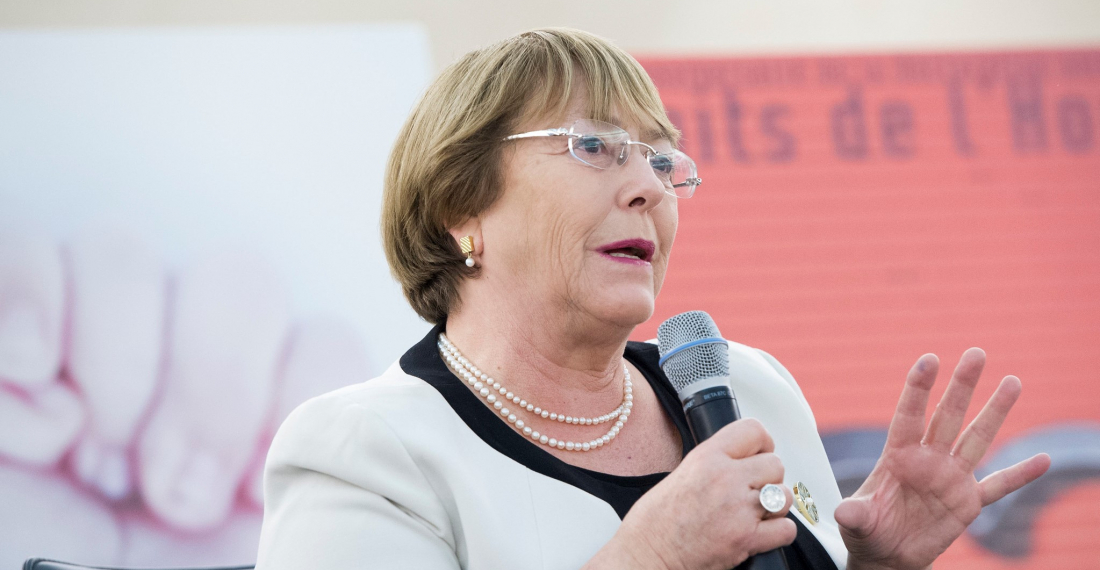The United Nations, in a report based on the one and only joint UN-Ethiopian investigation allowed in Ethiopia, condemned the atrocities committed in the conflict over Tigray and accused all parties of committing humanitarian abuses. The report covers abuses from early November 2020 until June 2021 when the Ethiopian government declared a unilateral ceasefire had failed.
The report detailes extra-judicial killings, torture, sexual and gender-based violence, violations against refugees, and forced displacement of civilians. The investigation did not blame or exclude any specific party. Instead, the report mentioned that all parties, including those from Amhara and Eritrea allied with the Ethiopian government, had “committed violations of international human rights, humanitarian and refugee law, some of which may amount to war crimes and crimes against humanity,”
Some Tigrayan and other non government sources have raised doubt about the impartiality of the report and questions have also arisen following the unexplained dismissal of the UN human rights officer Sonny Onyegbula last month.
But the UN has reaffirmed its impartiality. UN human rights chief Michelle Bachelet said on Wednesday during a news conference on the report, that the team did not come under pressure from the government adding that restricted access to some areas of Tigray made it difficult for the team to assess abuses.
When asked about the perpetrators, Bachelet said during the period of the investigation, “big numbers of the violations of human rights are linked to the Ethiopian and Eritrean defense forces, but we have seen that since the ceasefire there have been huge allegations of abuses by the Tigrayan forces and continue until today.”
Both the Ethiopian government and the TPLF denied earlier that their side committed human rights abuses. TPLF was not available to comment on the report while the Ethiopian prime minister’s office said that the government did not agree with all content of the report.
Read the Report of the Ethiopian Human Rights Commission (EHRC)/Office of the United Nations High Commissioner for Human Rights (OHCHR) Joint Investigation here.







